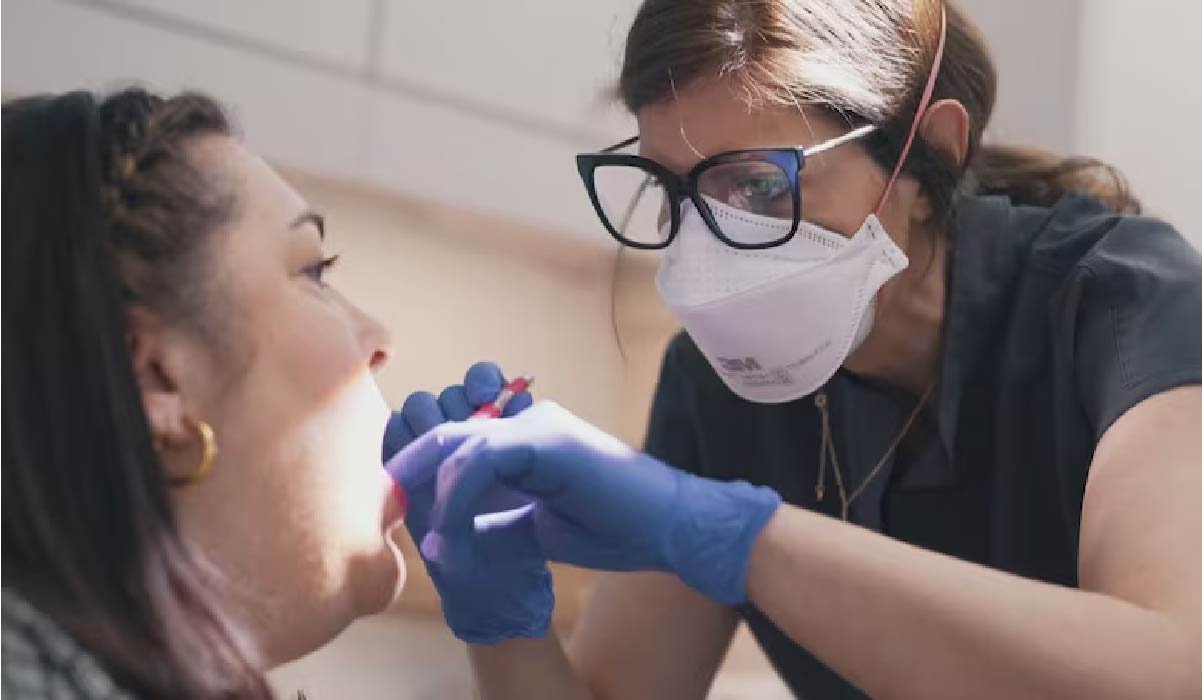Health
When to Seek a Second Opinion in Dentistry: Protecting Your Oral Health

Maintaining your oral health is a cornerstone of overall wellbeing, and proactive dental care plays a crucial role in achieving this. Yet, there are times when you might feel uncertain about a diagnosis or treatment plan proposed by your dentist, and seeking a second opinion can provide reassurance or reveal alternative solutions.
Here’s when seeking a second opinion could be essential to ensuring you receive the best possible treatment and maintain your oral health.
When Treatment Recommendations Don’t Align with Your Expectations
You should feel confident and comfortable with the treatment plan your dentist suggests. If the recommendation feels excessive, invasive or unnecessary, it is worth exploring another professional opinion.
To take action, request a copy of your dental records, including X-rays and treatment notes and consult a reputable dentist. Ask for a detailed explanation of the recommended treatment. A second opinion can clarify whether the treatment is genuinely required or if a more conservative approach would suffice.
Uncertainty About Diagnosis or Treatment Plan
If you feel confused about your diagnosis or your dentist struggles to explain it clearly, seeking a second opinion is prudent. Complex conditions like gum disease, misaligned teeth or the need for oral surgery can be overwhelming. A second dentist might provide a clearer explanation or suggest an alternative plan that fits your needs better.
Don’t hesitate to ask for clarification about medical terms, the necessity of specific procedures and potential outcomes. Good communication is key to trust, and another dentist might present the information in a way that is easier for you to understand, giving you the confidence to proceed with treatment.
Persistent or Worsening Symptoms After Treatment
If you’ve recently had a dental procedure and your symptoms persist or worsen, it’s time to reassess the situation. Pain, swelling or ongoing discomfort should not be ignored. For example, if a toothache continues after a filling or crown placement, it could indicate underlying issues that need further attention.
Consulting another dentist can help identify whether the initial treatment was effective or if there’s a need for corrective action. A thorough examination can uncover problems that might have been overlooked or improperly addressed.
Red Flags for Potential Dental Negligence
While rare, substandard care does occur, and recognising the signs can protect your health. If you notice persistent pain after a filling, or your dentist fails to provide adequate aftercare advice, it may indicate substandard care and potentially even dental negligence. Seeking a second opinion can help you ensure that your treatment is both safe and effective.
Other red flags include rushed appointments, incomplete explanations of procedures or visible signs of poor hygiene in the dental practice. If you’re concerned, consult a dentist with a strong reputation for patient care. A second opinion may not only confirm negligence but also guide you towards better care and possible remedies.
For More Inform tion Visit Coopermagazine
-

 Celebrity1 year ago
Celebrity1 year agoWho Is Jennifer Rauchet?: All You Need To Know About Pete Hegseth’s Wife
-

 Celebrity1 year ago
Celebrity1 year agoWho Is Mindy Jennings?: All You Need To Know About Ken Jennings Wife
-

 Celebrity1 year ago
Celebrity1 year agoWho Is Enrica Cenzatti?: The Untold Story of Andrea Bocelli’s Ex-Wife
-

 Celebrity1 year ago
Celebrity1 year agoWho Is Klarissa Munz: The Untold Story of Freddie Highmore’s Wife
















